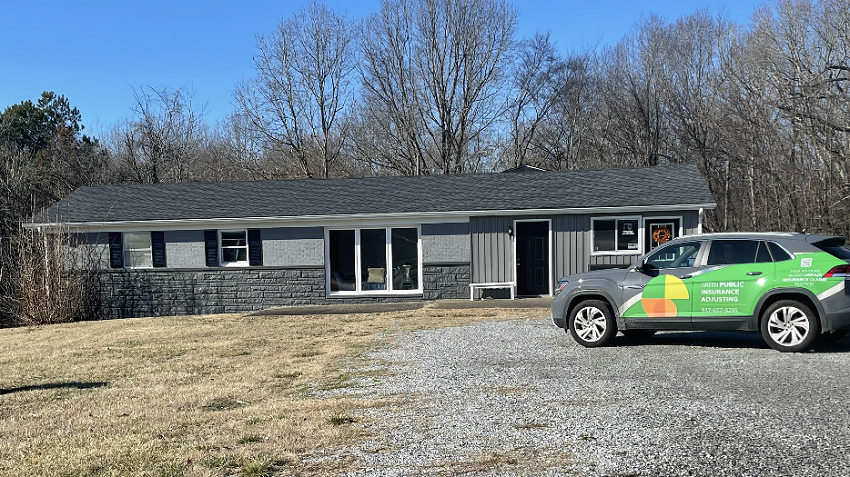
ACV vs. RCV Explained: Why Your Insurance Check Is Usually Less Than Your Loss
Many policyholders are surprised when their first insurance payment falls far short of repair costs. This often stems from the difference between Actual Cash Value (ACV), which deducts depreciation, and Replacement Cost Value (RCV), which reflects the cost to replace damaged property. Insurers commonly issue ACV first and withhold depreciation until repairs are completed, placing a financial burden on property owners. When depreciation is overstated, damage is under-scoped, or deadlines are missed, policyholders may never recover the full replacement cost they expected. Understanding how ACV and RCV work early in a claim can help prevent delays, disputes, and unrecovered losses.










